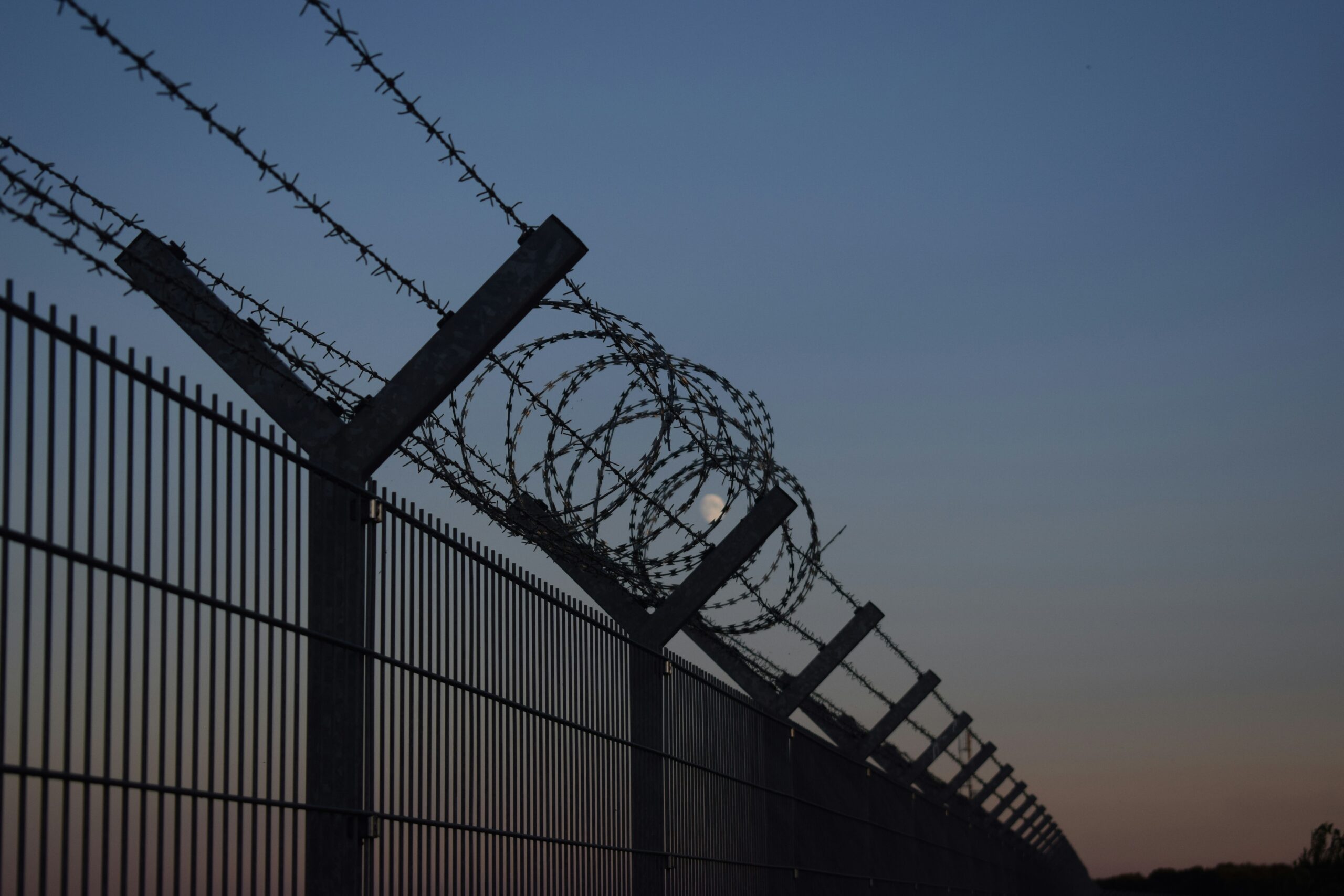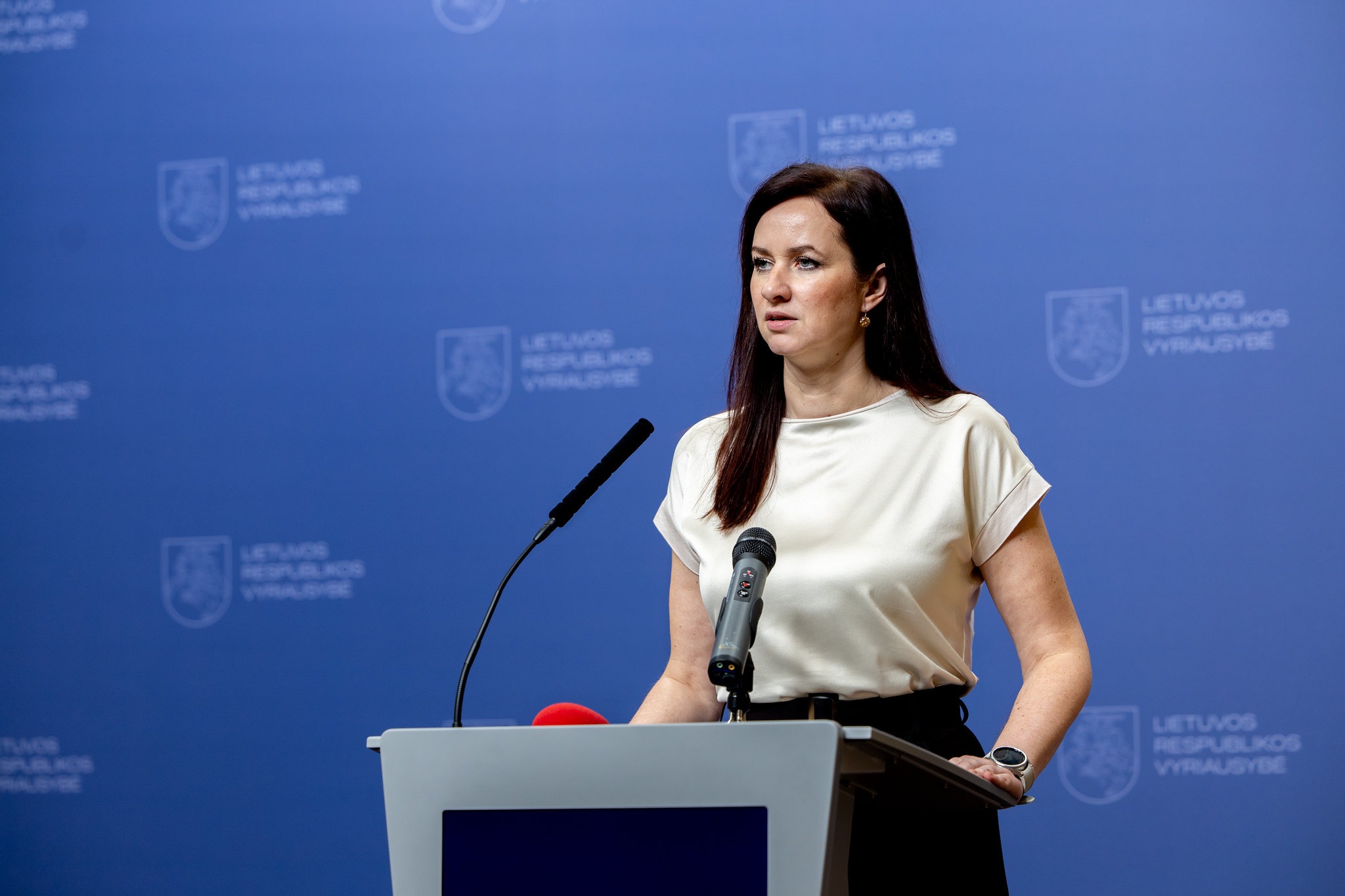
Main narratives:
- Russophobia
- Discrimination against Russian speakers
- No freedom of speech in Estonia
Overview:
Pro-Kremlin commentators on Russian-language social media discussed Estonia’s temporary closure of the road through the Saatse Boot — a small strip of Russian territory intersected by an Estonian road — portraying it as another instance of alleged Estonian “anti-Russian” provocation and as justification for Moscow to strengthen its western border. Several noted that Russia had described its patrol movements in the area as merely “routine operations,” framing Estonia’s decision as an overreaction or political stunt. Across social platforms, users mocked what they perceived as Estonian weakness or humiliation, highlighting the peculiar geography of an Estonian road crossing Russian land and questioning Tallinn’s ability to safeguard its citizens. Collectively, these narratives fold the incident into broader pro-Kremlin discourse about border security and the Baltic states’ alignment with NATO.
Another news story that attracted widespread attention in Russian-language social media groups in Estonia was the short-term entry ban imposed by the Estonian Ministry of the Interior on Latvian politician Aleksejs Rosļikovs, a former member of the Latvian Parliament and current Riga City Council member, who leads the political party Stability!. Rosļikovs was scheduled to participate in a public discussion titled “The Future of the Baltics — Dialogue Without Borders”, organized in Tallinn by Olga Ivanova, an independent candidate for the Tallinn City Council representing the Lasnamäe district. The event was intended to address the situation of Russian-speaking communities in the Baltic states. Later it became known that similar entry restrictions had also been applied to other representatives of Rosļikovs’s party — Svetlana Chulkova, Natalia Marčenko-Jodko, and Igor Judin. In June 2025, Latvia’s State Security Service opened a criminal case against Rosļikovs for incitement of ethnic hatred and assisting Russia in activities directed against Latvia. Following the ban, Olga Ivanova released a video on social media accusing Estonian authorities of violating freedom of speech. Her statement quickly gained traction, with numerous commenters amplifying the narrative that “freedom of speech no longer exists in Estonia.” Notably, this discourse persisted even though the planned event was ultimately held online. The case demonstrates how pro-Kremlin commentators and sympathetic local actors can exploit administrative or security decisions to reinforce disinformation narratives about political repression and censorship in Estonia, particularly among the Russian-speaking audience.









